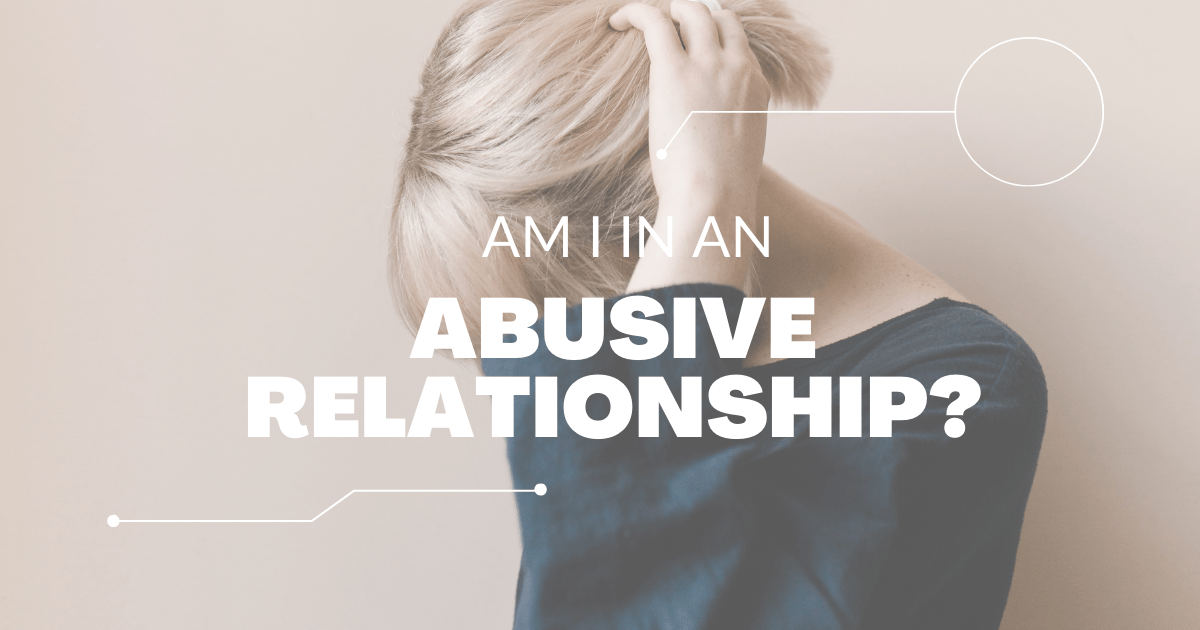Physical violence is not present in every abusive relationship. Emotional abuse is more common in relationships compared to physical abuse. It’s also tricky to spot due to its ability to pass for an intense form of love and devotion. At first, an emotionally draining relationship appears to be extraordinarily mindblowing and romantic, but it quickly devolves into manipulation and cruelty.
Young people are more susceptible to emotional abuse than any other age group. According to research, the most often mistreated group of women in intimate relationships is those in their mid-20s; according to its study, WHO revealed that around one-third of women have been in abusive relationships. Platonic relationships, such as one with a coworker, parent, or friend, may also be abusive.
Continue reading to learn how to spot abusive relationships.
Kinds of Behavior Considered to be Abusive
Abusive relationships, also called romantic partner violence or domestic violence, happens when one partner tries to hurt the other in one or more of the following ways: physically, sexually, or mentally. This can mean a wide range of actions and ways of acting.
For example, in a romantic relationship, the term “sexual abuse” can mean more than just hurtful and forceful sexual intercourse or behavior. Examples of this behavior include outsiders in a couple’s sexual activities without the other partner’s consent, ignoring a partner’s feelings about sex, or forcing someone to wear sexy clothes.
When one spouse uses acts and words to terrorize, dominate, and isolate the other, this is referred to as psychological or emotional abuse.
Characteristics of Abusive Relationships
People who are in emotionally or psychologically abusive relationships often get complacent and begin to trust what their abuser claims because the abuser has conditioned them to accept their conduct as normal. If you feel that you or a loved one is trapped in a very abusive relationship, be on the lookout for these indicators.
You lack the confidence to make decisions independently.
The other person dictates your appearance and demeanor, attempts to dictate your social circle, and keeps tabs on your every move.
You are constantly apologizing.
To avoid their wrath and accusations, you’re worried about your partner’s reaction and make amends for your actions, even if you’re uncertain what you’ve done wrong.
You keep your relationship a secret from your family and friends.
It’s common to ignore, dismiss, or give flimsy excuses when others bring up the subject of the other person’s abusive conduct.
Your partner spoils you with romantic gestures.
They try to compensate for their abusive behavior by lavishing you with compliments, lavish gifts or saying that they “can’t survive in your absence.”
You feel that you are responsible for the difficulties in your relationship.
Emotional abuse frequently involves persuading a partner that they must be chastised and instructed on the correct way to behave because of their bad behavior. You feel the issues in the relationship would be resolved if you “were better.”
Your arguments devolve into screaming brawls.
Instead of engaging in fruitful conversations and activities, disagreements devolve into brawls and insults, which can feel dangerous and frightening.
It is hard to anticipate what side of your spouse you will get.
They’re bipolar at times, withdrawn, then unexpectedly attentive and romantic at other times.
You’re silenced whenever you attempt to communicate.
Your basic needs and insecurities are dismissed or met with disgust or humiliation by the other person.
You’ve lost faith in your judgment.
You’ve been told you’re wrong, crazy or foolish so often that you’ve started to think it true.
You’ve lost track of who you were before the relationship.
You often forget the feeling of being strong and self-reliant because you devote little or no time doing activities you like or hanging out with people you care about.
How to Leave Abusive Relationships
Many are confused about leaving an abusive relationship because it’s emotionally difficult. Here are some tips to help you leave an abusive relationship or avoid returning.
- Create a Safety Plan
Safety matters. A safety plan can help you reduce risk during a breakup. The plan should have the following:
- somebody you may call for aid or refuge
- essentials to pack for a trip
- the best ways to keep kids and pets safe
- ways to improve workplace, school, church, and retail safety
- measures to take with your spouse in potential circumstances
Some abusive relationships are more dangerous than others. Every relationship and breakup is unique, so it’s important to plan.
Calling a domestic violence hotline and making a safety plan with an advocate for help leaving an abusive relationship is also a great option.
- Build a Safety Network
Make sure you have a network of people who understand why you left. If you’ve been secluded throughout your relationship, reconnecting with family, friends, and community people is a good idea.
- Remember why you Left.
The negative exceeds the positive in an abusive relationship. Everyone deserves to be in healthy, safe, empowered, and fun relationships.
Write yourself a note explaining why you left and won’t return. Remember why the relationship is unhealthy when you miss them and reconnection isn’t the best (or safest) idea.
- Self-Care
It’s common to wonder how your emotionally abusive partner will react if you leave. But your feelings matter, and you should prioritize your health.
Leaving a bad relationship isn’t quitting. It’s a positive choice to live healthier. Self-care during this time to focus on growth and processing is important. Give yourself time and kindness.
- Don’t Second-Guess
If your relationship or dating situation feels strange, it probably is! You know your situation best. Trust your intuition about when to leave. You can leave when you’re ready.
- Strive to be Independent
According to the CDC, increased financial and housing security may reduce intimate partner violence.
For those who previously depended on their spouse for housing and financial support, finding a secure home and a job might help them become self-reliant. Establishing your income, savings, and credit is a good first step. Avoiding your abusive spouse might be easier with these tips.
Building a support system is essential, and we at Story Wellness are here to help you navigate your way out of abusive relationships and heal properly after leaving, to learn more call (866) 476-2823.





